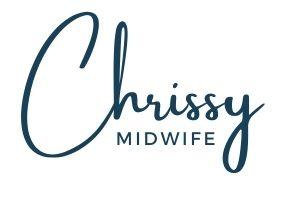Antenatal, Breastfeeding, Postnatal
Breastfeeding Myth
Understanding Early Breastfeeding: Colostrum and Milk Production Explained
Many new mothers worry their baby won’t get enough nourishment before milk “comes in” around day 3-4 postpartum. Your body starts producing colostrum as early as 16 weeks into pregnancy. This nutrient-rich, antibody-packed first milk fuels Early Breastfeeding & Colostrum Production and gives your baby vital nutrients from day one.
Colostrum is thick and yellow. You usually won’t leak it during pregnancy, though you might see a few drops when you express manually. Ask your midwife or lactation consultant for help.
Healthy, full-term newborns have a natural layer of fat that protects them during the early days when colostrum is in short supply. In the first 24 hours, babies usually feed only a few times. They often take one long feed and then sleep for several hours. This pattern helps them adjust to life outside the womb.
Around day 3-4, colostrum changes into “full milk.” The milk turns whiter and increases in volume. Your breasts may feel engorged as your body ramps up production. Factors like postpartum hemorrhage, dehydration, stress, poor attachment, or using formula can delay this process.
Understanding these early milestones can boost your confidence in your breastfeeding journey.
Book Your Personalised Consultation with Chrissy Midwife
Book your consultation with Chrissy Midwife today. Choose a home visit for hands-on guidance or a convenient telehealth session. Chrissy will guide you through Early Breastfeeding & Colostrum Production with personalised support. Schedule your appointment now and receive the expert care you and your baby deserve!

